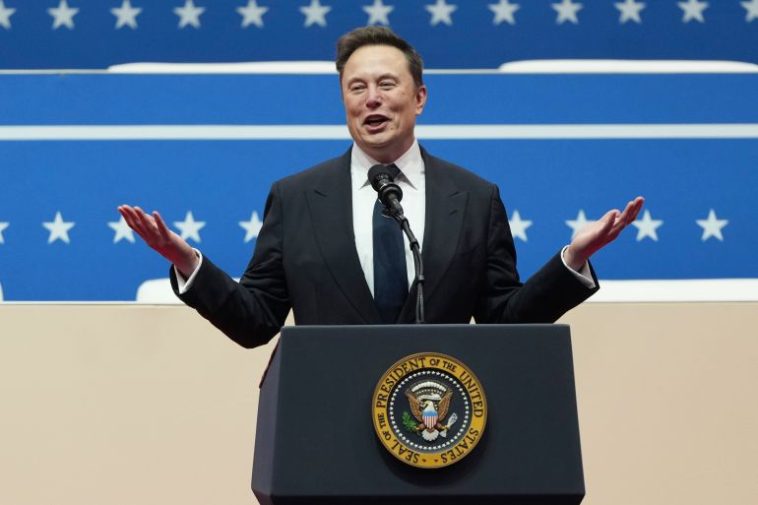Recent events have shocked and unsettled the federal workforce, beginning with disturbing news that emerged last Friday evening. It was reported that representatives for tech mogul Elon Musk engaged in altercations with personnel from the Office of Personnel Management and Treasury department, demanding extensive data regarding federal employees. To escalate matters, a Sunday revelation reported that top officials within the U.S. Agency for International Development had been dismissed by Musk for denying him access to classified information on security and personnel. As federal employees, we are understandably disconcerted, and it is necessary to help those outside of our sphere comprehend the magnitude of this situation.
Consider the OPM and the Treasury’s Bureau of the Fiscal Service as though they were humble valet booths of the larger governmental complex; they may appear inconspicuous, yet they hold critical information. Essential details of federal civil servants, including their banking information, residences, insurance details, retirement plans, and employment records, are maintained by the OPM. Meanwhile, the Treasury Bureau is responsible for processing every single payment, running the gamut from monthly Social Security checks for elderly citizens to payments for cancer researchers scouring for potential cures.
The situation could be likened to a man with a crude and clumsy manner, wearing a poorly fitting valet attendant’s uniform, riffling through the keys in broad daylight. These keys are emblematic of the private information of countless individuals, previously entrusted to the government, managed with due diligence, and rightfully protected under the law. The present circumstance demands that we take immediate action, in order to ensure this egregious scenario does not progress further.
Contrary to the notion that we should remain idle till the wrongdoers are found with the stolen goods in hand, an alternative approach is essential to protect valuable information. This approach would involve meticulous management of the information, along with ensuring transparency in its collection and use. We must be aware of the potentially devastating effects that the careless exposure of this information could have, capable of inflicting irreparable harm on millions of American families.
The incumbent administration has exhibited a severely disconcerting trend of terminations, seemingly devoid of any legal grounds. In our domain of the federal workforce, it goes without saying that the notion of job security is of utmost importance. A number of us cannot entertain the possibility of unwarranted dismissals, however illegitimate they may be.
The current Musk-Miller-Trump administration has seemingly persuaded a portion of outside observers to view their actions as part of a masterful and well-orchestrated plan. However, any semblance of a ‘plan’ seems to be contingent on the belief that the influential stakeholders are complicit in their actions, along with an even more concerning conviction that the justice system stands in their favor.
Indeed, there is a gamble at play here; the administration is wagering on the legal recourse process being too protracted, proving too ineffectual or even endorsing their approach with the retroactive endorsement that seems to have become a trend in some judicial circles. The specifics of the approach, especially in regard to the treatment of federal employees, are unarguably far from commendable.
In spite of the various adversities being faced, I am not privy to any fellow colleagues within the federal government contemplating acceptance of Musk’s inappropriately proposed buyout offer. Yet the discomfort is palpable, and many have taken to refining their professional qualifications and actively exploring alternate employment opportunities.
Given the prevailing circumstances, protecting public interest is increasingly important. Disrupting established systems solely for the sake of creating a spectacle comes with formidable risks. The likes of which suggest that the current administrative approach to managing the workforce could be likened to a child recklessly coloring outside the lines of a masterful drawing using a box of crayons.
This is an acute test of the resilience and robustness of our three-branch system of government. It stands as a stark reminder of the delicate balance between democratic rule and the slide into autocratic governance. While many of us wrestle with a sense of helplessness, it is important to remember our commitment to public service.
As we continue to be pushed away from our usual roles and duties, we are confident that our commitment to public service will remain steadfast. No matter where we end up or what transpires with the vital ‘keys’ we once managed, our dedication towards serving the public interest will persist.


